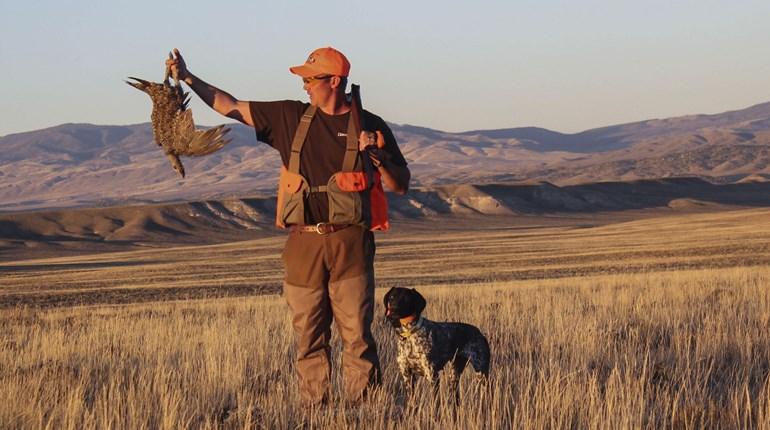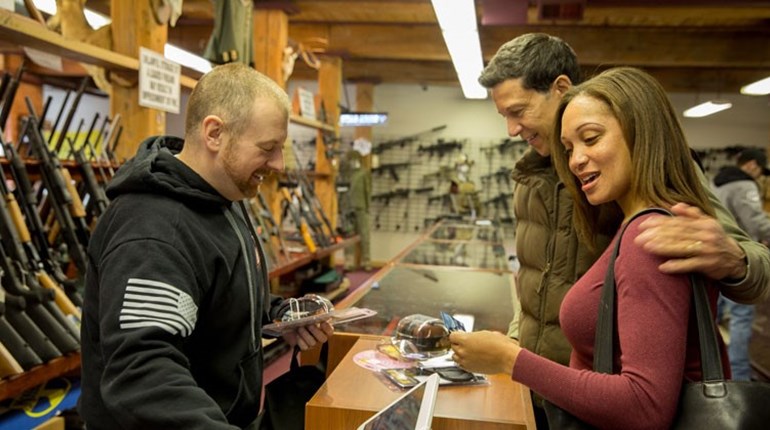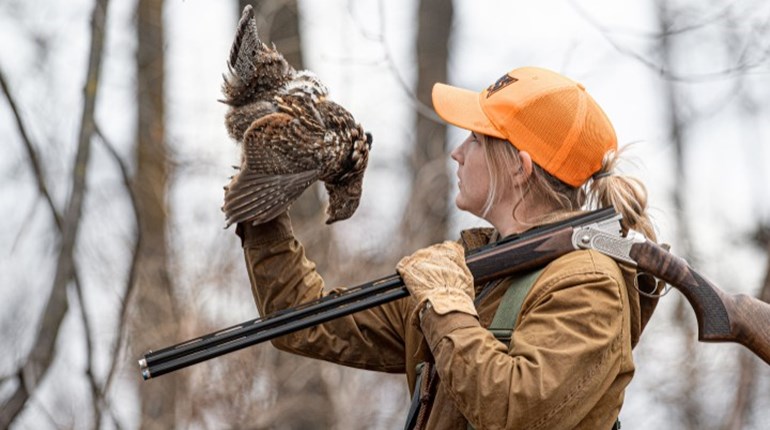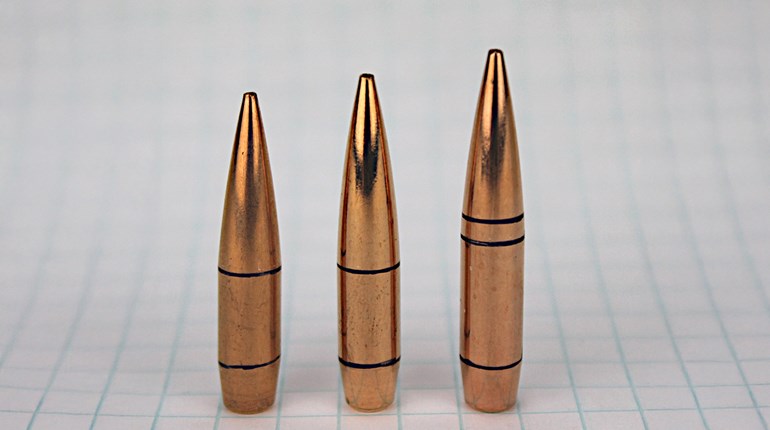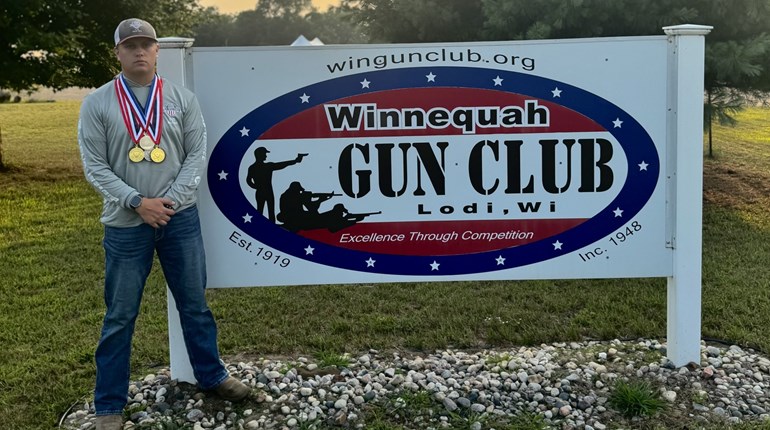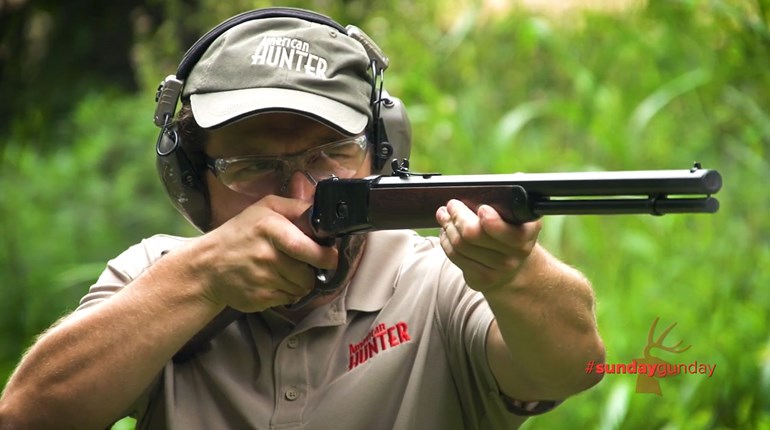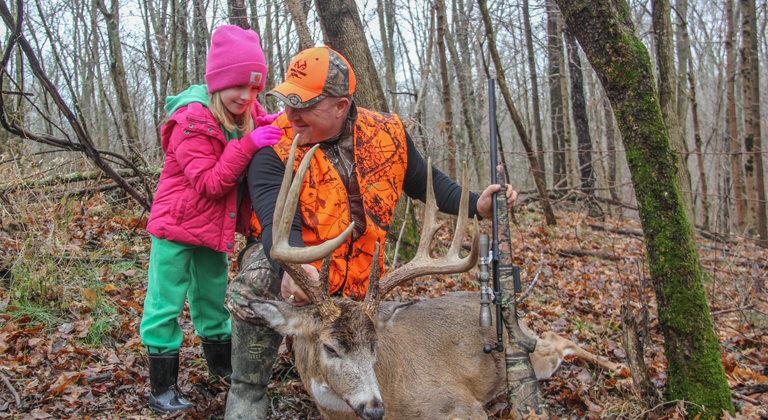
I was fortunate enough to grow up in a family that hunted and in a community that supported the sport. The vast majority of our neighbors, if not hunters themselves, were at least in support of the sport, offering a thumbs-up when they saw your pickup rolling through town with antlers rising out of the bed or granting permission to hunt on their land. I grew up (like most kids) thinking that every community was like mine.
Turns out I was wrong. Not every community supports hunters, and many people grow up without any exposure to the sport outside of media. Popular culture has tried to vilify hunters (think Bambi), and groups like the Humane Society of the United States use their financial reserves to wage war on the sport at every turn. If their message becomes the only voice that people who don’t hunt hear, then the future is bleak. We’re only one generation of voters away from losing the rights we’ve worked so hard to preserve. If that happens, one of the biggest losers will be wildlife.
It isn’t hard to see the positive effects of hunting. Early in the 20th century, whitetail deer populations were so low that these animals were considered endangered in many states (in the 1920’s, it is thought that deer were extinct in Kansas and Indiana). Today, there are more than 30 million whitetail, and the nation’s estimated 12 million deer hunters generate over six billion dollars for the economy. In 1937, a group of hunters formed an organization dedicated to preserving waterfowl that would become known as Ducks Unlimited, and since that time ducks, geese and other wildlife species have increased dramatically thanks to the almost 14 million acres of habitat this organization has preserved in North America. Wild turkey populations, which were greatly reduced in the 20th century, have reached pre-colonial numbers with help and funding from National Wild Turkey Federation, another hunter-based organization. The list continues.
But many people aren’t aware of these facts. And many kids don’t have a hunting advocate in their family or a trusted adult who can take them afield and teach them about the sport. We, as hunters, have a responsibility to help foster a love of the outdoors for future generations. Here are six important reasons you need to take a kid hunting this season.
1. It Teaches Responsibility
Hunting demands responsibility in many forms. First and foremost, kids must be responsible for handling their firearm safely. When hunters take aim at an animal, they have a responsibility to make a clean, humane shot, and if they wound an animal it is their obligation to make every effort to track that animal down and eliminate any suffering. Harvested animals need to be dressed and the meat must be cared for properly, and all of this must be done within the boundaries of the rules and regulations set forth by state fish and game agencies. Ultimately, kids will also understand that hunting helps preserve wildlife populations for the future. It is rare to find any pastime that teaches this level of accountability.
2. Hunting is a Healthy Pastime
Not all children play basketball or soccer, but that doesn’t mean they can’t get outdoors and take part in an activity that promotes lifelong health. There are no team try-outs for hunters, and there’s no squabbling about playing time. Additionally, having a healthy pastime about which they are passionate offers kids an alternative to less desirable activities that can sometimes lead to trouble.
3. American Kids Need the Outdoors
American children spend less time outdoors than any previous generation. So alarming is this trend that there’s actually a name for it—nature-deficit disorder. Thanks to an increase in the availability of electronics, the average school-aged child spends four to seven minutes a day on unstructured outdoor recreation versus seven hours a day in front of a screen. This lack of exposure to nature has been shown to have detrimental effects, resulting in increased stress and fatigue and decreased creativity, and a recent study even linked a lack of outdoor time to nearsightedness. Hunting is one way to help reverse this trend.
4. They Learn the Value of Hard Work
Hunting is rarely easy. It requires getting up early, sitting in the cold or heat, fighting bugs, and there’s no guarantee of success. But these challenges are a good thing, and once the animal is down kids will begin to understand that hard work pays off. This is one of the most valuable lessons that children can learn; understanding the link between effort and reward helps children become successful, confident adults.
5. You May Offer the Only Opportunity They Have to Hunt
My uncles, cousins and friends all hunted, but my father was the first person to take me afield. For many kids that grow up in a family or community where no one hunts there simply isn’t an option to spend time in the woods, because there’s no one to teach them how to hunt. You may be the only person that offers them that opportunity. It doesn’t have to be an early-morning sit in a frigid goose pit, either; take a kid scouting in the summer, teach them to track, have them help you set up a stand, and take them shed hunting.
6. It’s Rewarding for Hunters
The last reason to take a kid hunting is, I’ll admit, selfish. As I get older, I realize that my own hunting success isn’t as important to me as that of new hunters. In fact, I have a parcel of woods on my property that I exclusively limit to first-time hunters, young or old. We all remember that first rush of excitement after a successful hunt, and it’s well worth reliving that moment through the eyes of others.













